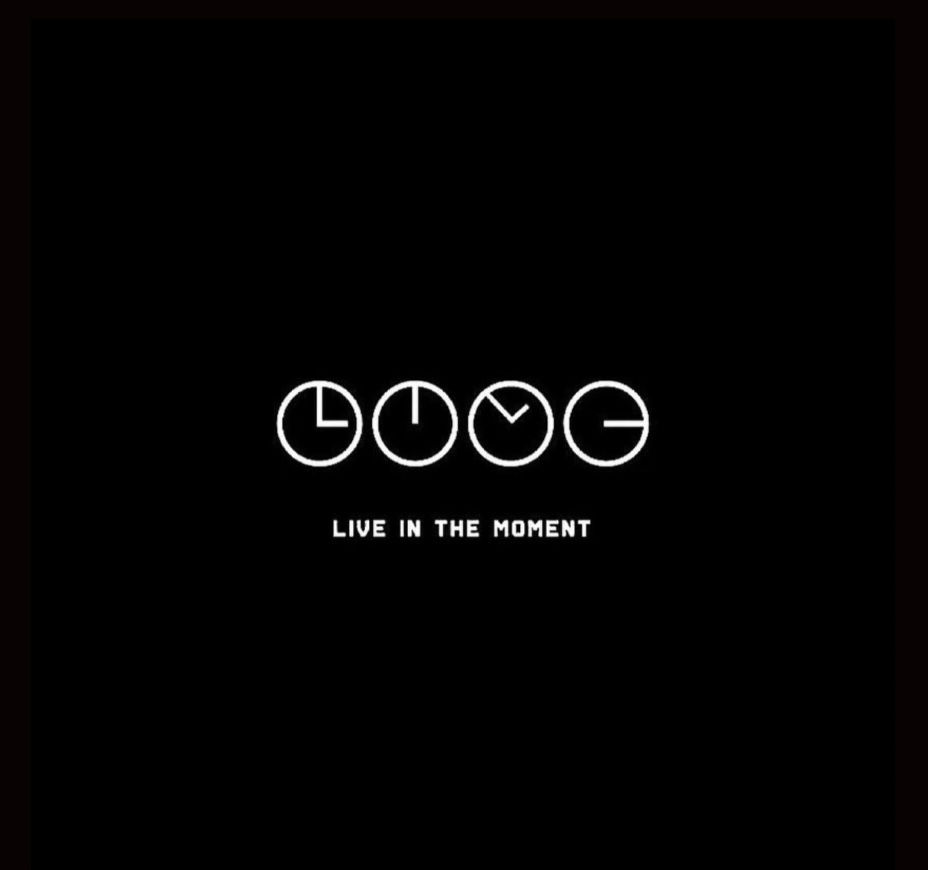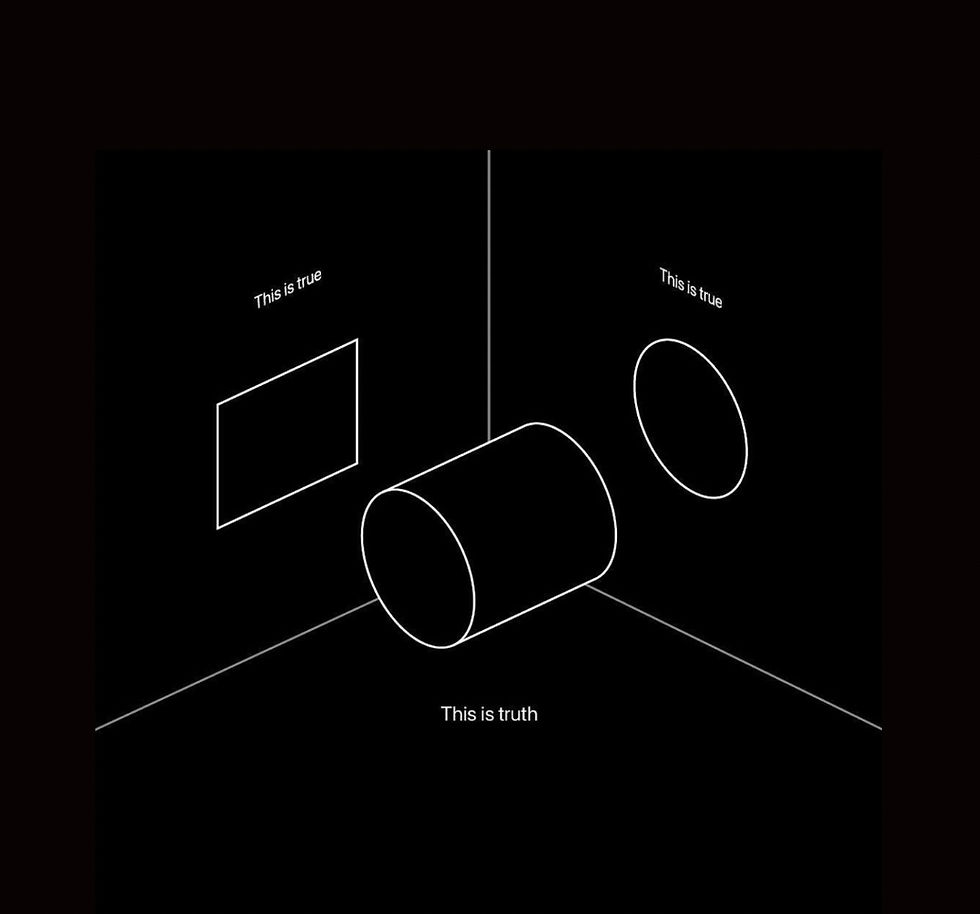The Alchemy of Time & Triggers: How Our Wounds Become Our Weapons
- Aug 27, 2025
- 4 min read
Updated: Oct 6, 2025
Author: Naga Das
The prison we live in has no bars, no walls, no guards... only our own judgments masquerading as reality. And the warden of this prison is our relationship with time itself.
THE ILLUSION THAT CONTROLS US
Time doesn't exist; clocks exist. We've confused the measurement with the phenomenon, the map with the territory. Time is an illusion. The past is just a recording in our mind and the future is just an expectation in the mind. The only time that's real is Now. Yet most of us live everywhere except here, judging our past selves for what they didn't know and terrorizing our future selves with what might happen.

It's our judgment of time that keeps us trapped in a mediocre paradigm. We create stories about who we were and who we might become, then use those stories to justify staying exactly where we are. These same judgments that we apply to our past and future selves create the harsh inner dialogue that becomes the soundtrack of limitation. But here's where it gets dangerous…
This pattern of judgment doesn't confine itself to our relationship with time. It bleeds into every interaction, every trigger, every moment someone says something that makes us recoil.
WHEN OTHERS TOUCH OUR WOUNDS
When we feel triggered by something someone else said to us, it is not because they hurt us. It is because they touched a wound we refuse to acknowledge. And the trigger is there because to some degree we already believe that about ourselves.
The trigger is time collapsing; past wound meeting present moment, creating the illusion of being hurt by someone else when really, we're being shown exactly where our own judgment has been silently destroying us. Triggers are our teachers, not because they feel good, but because they reveal the precise location of our self-betrayal. Turn wounds into wisdom. This is the alchemical process that transforms victims into warriors.
But we don't stop at judging ourselves through time. Often, our judgments of others are actually projections of what we believe about ourselves. When we judge others we're actually judging ourselves through other people. The person who annoys us most is usually reflecting back the part of ourselves we've disowned, the part we've decided is unacceptable. Judgment is just displaced self-hatred wearing a disguise.
THE REVOLUTIONARY ACT OF OBSERVATION
This is why observation without attachment becomes revolutionary. When we can watch our judgments, of time, of others, of ourselves, without immediately believing them or acting on them, we begin to see the machinery of our own imprisonment. Observation without attachment is the first step towards change, because it creates space between stimulus and response, between trigger and reaction.
Most of us are afraid to move forward or go after our wildest dreams because we're afraid of success. This fear seems irrational until we realize that success demands the willingness to disappoint people. This fear is rooted in not being confident in how we'll treat ourselves when we inevitably encounter people who will not support us.
THE MENTOR'S CHALLENGE: A CASE STUDY IN TRANSFORMATION
I learned this lesson when a dear mentor of mine, whom I love and deeply respect, was concerned that I wanted to shift from my science background to coaching and helping others. Out of his love and concern for me, he said, "Most coaches don't make it... besides you've never been good with people before. What makes you think you'll be good with people now?"
In that moment, time collapsed. Past judgments I'd made about myself collided with present possibility, creating a trigger so precise it could have been custom-designed for my destruction. He had touched my wound of not being good with people. A wound I'd been carrying like a secret for years.
I could have taken his words and sat in self-pity, letting the judgment of past-me determine the fate of future-me. Instead, the alchemist in me knew how to turn "why me?" into "watch me!" I came to this conclusion by observing myself and noticing my desire for external validation. I watched the trigger without becoming it. What I learned from my experience with my mentor was this: Don't smooth your edges to fit in. Sharpen them to become dangerous.
This wasn't defiance, it was recognition. The same qualities that made me "not good with people" in one context could make me extraordinarily good with people in another. The wound became the source of my power, not by healing it, but by alchemizing it.
I went on to not just be successful in my private practice but scaled it into a successful company and healing program. The judgment that could have destroyed me became the foundation of everything I built.
OUR WOUNDS ARE OUR WEAPONS
The path forward isn't about fixing ourselves or healing our wounds or managing our time better. It's about observing the patterns that create suffering (the judgment of time, the projection onto others, the fear of our own power) and choosing to relate to them differently. Observe your triggers, let them teach you, and instead of smoothing your edges to fit in, sharpen them to become dangerous.
Our triggers are not interruptions to our growth. They are the curriculum. Our wounds are not evidence of Our brokenness. They are the raw material of our becoming. And time? Time is just the story we tell ourselves about why change is impossible.
Stop asking time to heal you. Start asking your present-moment awareness to show you what's real. The only prison that can hold us is the one we refuse to see.

.png)


